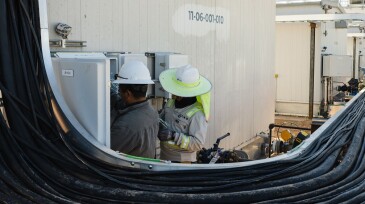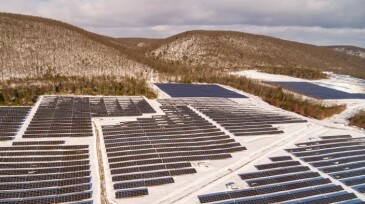Sustainability
The two companies said they will evaluate the possibility of a joint venture to develop a direct air capture hub in South Texas, with XRG considering investing up to $500 million.
The plant at Heidelberg Materials’ cement facility in Brevik, Norway, has captured its first 1,000 metric tons of carbon dioxide.
The times are changing and so are our industry’s prospects, as hydrocarbons are now recognized as cardinal to affordable energy security for the conceivable future. But, in avoidance of suspense, the answer to the headline question is “absolutely.” Here we look at the rationale why.
-
Through a swap transaction, the Norwegian major will take over full ownership of the Empire Wind project from BP while the British major will take full ownership of the Beacon Wind project.
-
After becoming the first oil and gas major to source all its onshore grid electricity needs from nuclear and solar energy, ADNOC now focuses on decarbonizing production offshore.
-
This paper aims to demonstrate the need for competency in a social performance skill group to support companies in human rights management.
-
Fracturing companies can’t connect to the electric grid fast enough as they seek to reduce emissions, save costs.
-
As the industry navigates a transition to more sustainable practices, environment, social, and governance principles serve as a compass for aligning business operations with the broader expectations of society and the investment community.
-
Solar and natural gas surged last year in the US, while wind stumbled.
-
Energy storage is essential to a clean electricity grid, but aggressive decarbonization goals require development of long-duration energy storage technologies.
-
The year 2023 contained several important sustainability narratives and trends. Three key ones are the anti-ESG movement, China’s acceleration of a clean economy, and the rise of reporting regulations.
-
The Gulf region can leverage its energy history, infrastructure, capacity, and expertise to lead the energy transition.
-
This paper investigates the extent to which corporate social responsibility (CSR) initiatives of oil companies operating in the Niger Delta area of Nigeria contribute to the development of host communities across the region.













